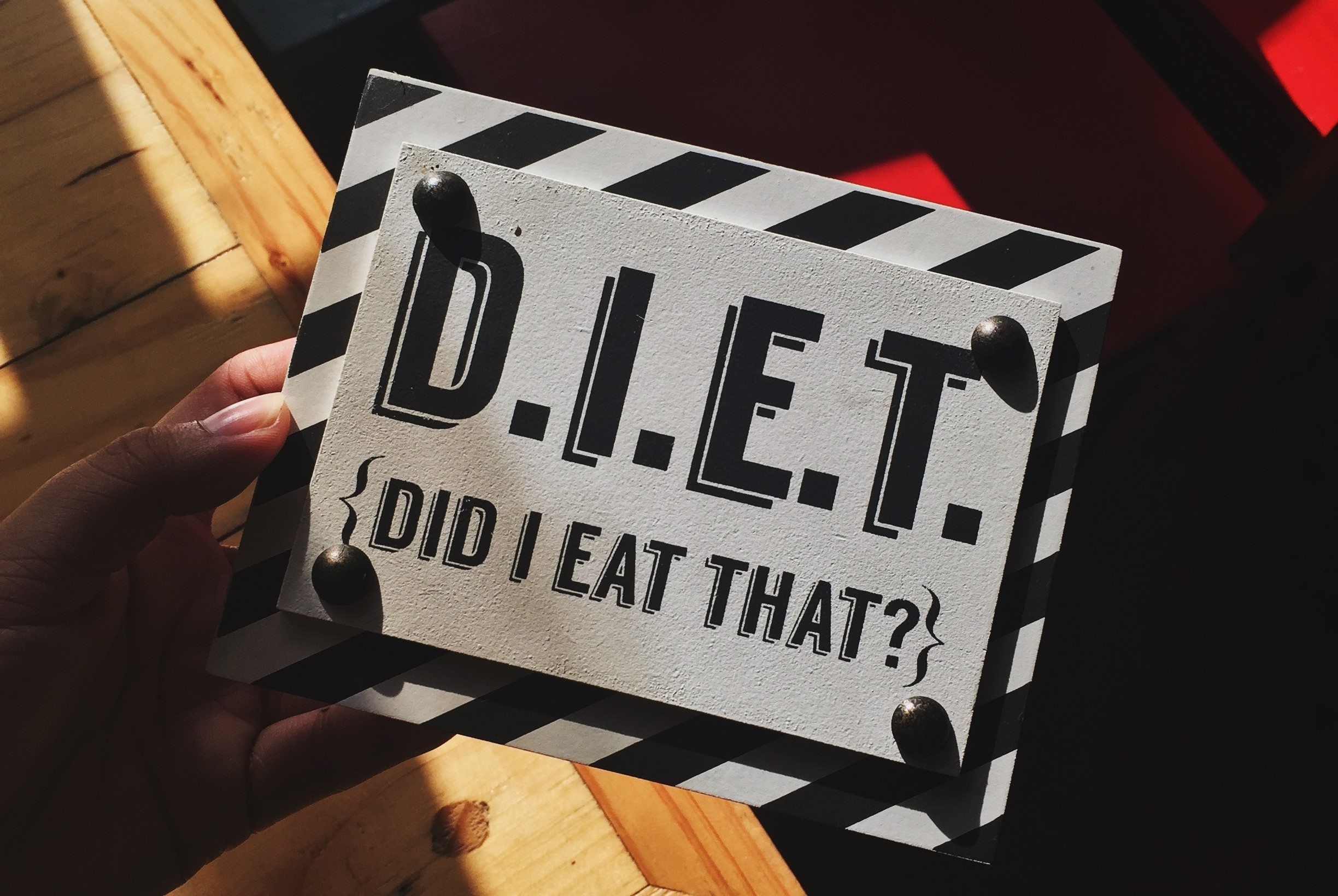If you have been following me for a while you know that I have a love/hate relationship with the nutrition/diet industry. I love it because I truly feel that learning how to interpret and feed the needs of your specific body can be life changing. It is energizing, delicious and freeing.
The part of the industry that makes my blood boil is that much of it motivates through fear and shame. Sometimes this is direct. Fear of disease or weight or death. Sometimes it is indirect such as idealized social media or societal pressure. Regardless, it can make us feel panicked and desperate for a solution. Unfortunately, the answers that are typically presented are incomplete or a short-term solution to a long-term problem. This inherently sets us up for failure.
Now here is the really tough part. When the solution doesn’t work we typically blame ourselves. We feel that we are broken or lack willpower or are addicted in some way. Not once do we think:
Is it possible that it just wasn’t the right solution for me?
Is it possible that I haven’t failed but this diet has failed me?
Make no mistake, personal responsibility is a major factor when it comes to taking control of your health and nutrition. In my private practice and in my online programs we dedicate quality time to really diving into how to be proactive and preventative. However, in my 13 years of private practice and the thousands of people I have worked with both one-on-one and in group settings, I have not encountered a single person that was a failure at eating. Not a single one of them lacked the capacity or was broken. Instead they had simply chosen the wrong solution.
So how do you tell if something is a short-term fad or long-term solution? It needs to meet the follow 3 criteria:
Is it Sustainable?
As we discussed in The Myth of the Maintenance Zone, when you are deciding to try a diet or different nutrition/health philosophy, you need to ask yourself if it is something you can do for life. If the diet suggests you do one thing to reach your goal and then another to maintain it, or if it seems too restrictive to follow forever, it is not the right solution for you.
Is it Flexible?
Life is big and long and wonderful. The way that you eat should fuel the life that you want to live, not hinder it. Yes, you will have to prioritize and make changes but if your diet does not offer flexibility or strategies to fit your ideal life, it is not the right solution for you.
Is it Realistic?
This one applies to your expectations more so than the actual diet. Over the last decade our expectations of the speed of weight loss or changes have become increasingly unrealistic. As we discussed in This is What Sabotages You Weight Loss, this pressure that we put on ourselves to achieve a certain amount of pounds per week is typically what holds us back from success. Your weight is not the problem, it is a symptom of your behaviors. If your diet is solely focused on the number on a scale and doesn’t teach behavioral changes, it is not the right solution for you.
How do you use this information?
If you are already on a plan but worry that it isn’t a long term solution, use the questions above to find out where it falls short. Once you see where it falls short, you can usually modify it to make sure it is sustainable, flexible and realistic.
If you are lost as to where to start, let me send you my Effective Nutrition Quickstart Guide. Just tell me where to send it below and you can get started immediately!
[mc4wp_form id=”2424″]
In the meantime, the best questions are the ones I didn’t think of so you can find me answering them in the comments below!


